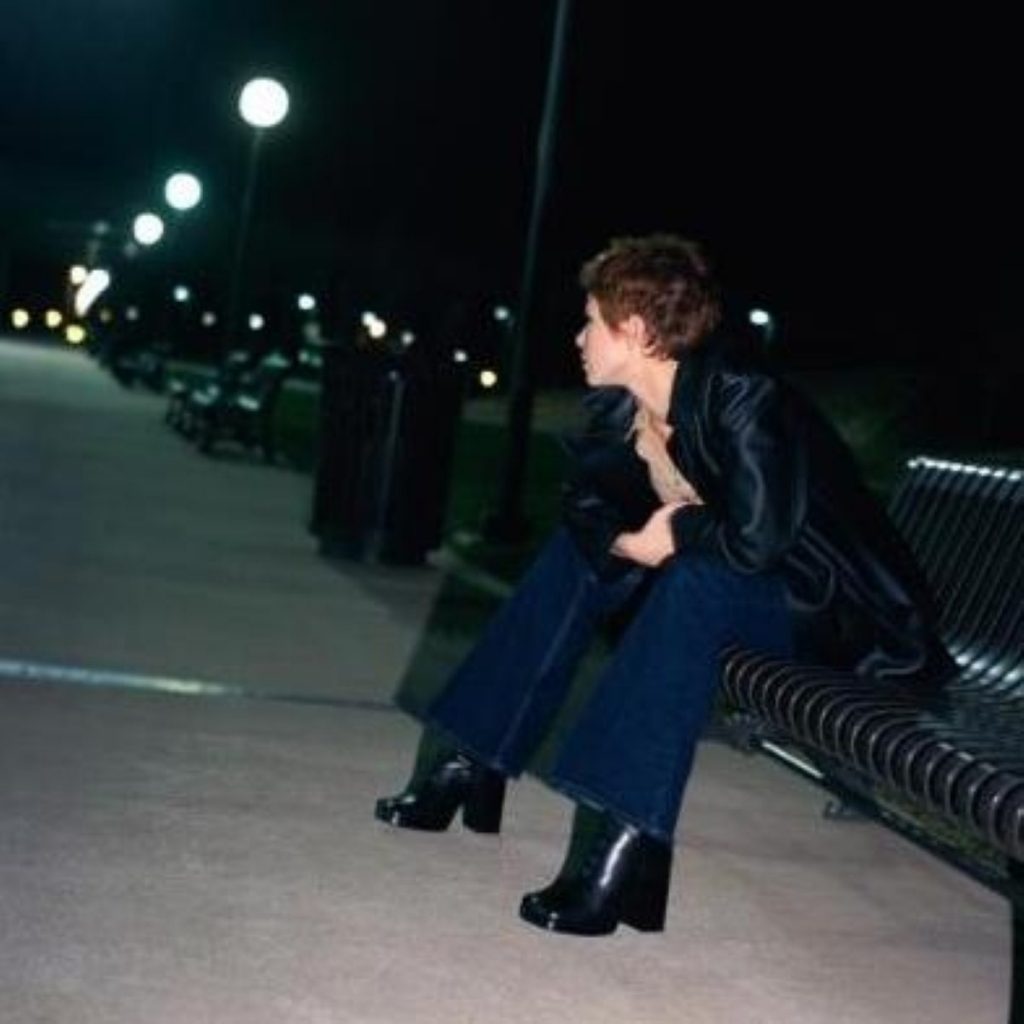Police gain powers to move on drunken teens
Underage drinkers and teenage troublemakers can be banned from town centres for 48 hours, under new powers coming into force today.
Anyone believed to be causing or contributing to alcohol-related crime and disorder can now be excluded from a public place for up to 48 hours.
Offenders who refuse to move on when asked to by the police will be liable for fines of up to £2,500.
Home Office minister Tony McNulty unveiled the measure as part of the government’s commitment to combating alcohol-fuelled anti-social behaviour.


Last week, the chief constable of Cheshire said readily-available alcohol was directly fuelling anti-social behaviour among the young.
Today, Mr McNulty said: “Tackling the drivers of crime is a top government priority and this new power provides police with a valuable tool in the fight to tackle alcohol-related crime or disorder.
“It allows officers to deal with and diffuse a situation immediately out on the streets before it reaches offending levels or the courts.
“This power fits well with the government’s new alcohol strategy which aims to challenge unacceptable drinking behaviour. This is crucial if we are to reduce the harm that alcohol causes to individuals, families and communities.”
Mr McNulty said police would be given full guidance on how to apply the order to move on.
The government says the order is also meant to protect young people from harming themselves.
Chris Allison, deputy assistant commissioner of the Met, said: “This is another power that will assist the Police Service in dealing with alcohol-fuelled, crime, disorder and anti-social behaviour.
“However, the underlying problem is a culture of excessive drinking that will not be solved through the use of police powers alone. ACPO will continue to support the government in its efforts to change this culture through the national alcohol strategy.”
Today David Cameron called on the government to tackle low-level social disorder, warning routine “ugliness” had become an every day occurrence.
He criticised Tony Blair for saying anti-social behaviour was the preserve of a minority and argued it has instead become endemic, pointing to the recent spate of street murders.
Mr Cameron called on Britain to follow the example of New York, where the murder rate was halved between 1992 and 1996 after a focus on low-level disorder such as littering and graffiti.
Speaking at a community centre in Lancashire, the Tory leader warned the government it could not legislate its way out of the problem, calling instead for a three-dimensional approach to crime and disorder.
He said the current generation of young offenders had grown up under Mr Blair’s promise to be tough on the causes of crime, arguing Labour had failed to support society.
Mr Cameron reiterated calls for family tax breaks, saying the tax and benefits system needed to be reform to keep families together.












